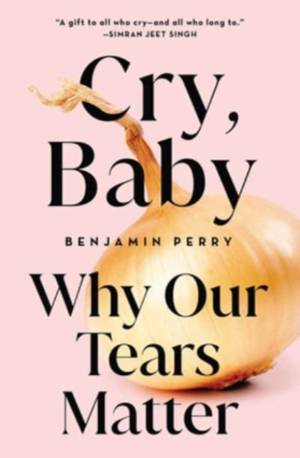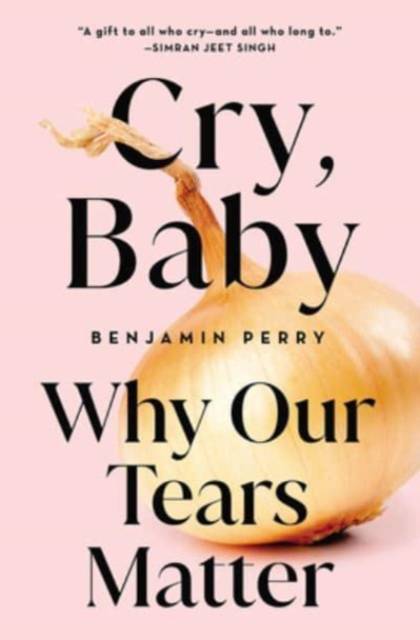
- Afhalen na 1 uur in een winkel met voorraad
- Gratis thuislevering in België vanaf € 30
- Ruim aanbod met 7 miljoen producten
- Afhalen na 1 uur in een winkel met voorraad
- Gratis thuislevering in België vanaf € 30
- Ruim aanbod met 7 miljoen producten
Omschrijving
What happens when we cry--and when we don't?
One of our most private acts, weeping can forge connection. Tears may obscure our vision, but they can also bring great clarity. And in both literature and life, weeping often opens a door to transformation or even resurrection. But many of us have been taught to suppress our emotions and hide our tears. When writer Benjamin Perry realized he hadn't cried in more than ten years, he undertook an experiment: to cry every day. But he didn't anticipate how tears would bring him into deeper relationship with a world that's breaking.
Cry, Baby explores humans' rich legacy of weeping--and why some of us stopped. With the keen gaze of a journalist and the vulnerability of a good friend, Perry explores the great paradoxes of our tears. Why do we cry? In societies marked by racism, sexism, and homophobia, who is allowed to cry--and who isn't? And if weeping tells us something fundamental about who we are, what do our tears say? Exploring the vast history, literature, physiology, psychology, and spirituality of crying, we can recognize our deepest hopes and longings, how we connect to others, and the social forces bent on keeping us from mourning. When faced with the private and sometimes unspeakable sorrows of daily life, not to mention existential threats like climate change and systemic racism, we cry for the world in which we long to live. As we reclaim our crying as a central part of being human, we not only care for ourselves and relearn how to express our vulnerable emotions; we also prophetically reimagine the future. Ultimately, weeping can bring us closer to each other and to the world we desire and deserve.
Specificaties
Betrokkenen
- Auteur(s):
- Uitgeverij:
Inhoud
- Aantal bladzijden:
- 225
- Taal:
- Engels
Eigenschappen
- Productcode (EAN):
- 9781506485119
- Verschijningsdatum:
- 16/05/2023
- Uitvoering:
- Hardcover
- Formaat:
- Genaaid
- Afmetingen:
- 142 mm x 208 mm
- Gewicht:
- 385 g

Alleen bij Standaard Boekhandel
Beoordelingen
We publiceren alleen reviews die voldoen aan de voorwaarden voor reviews. Bekijk onze voorwaarden voor reviews.







